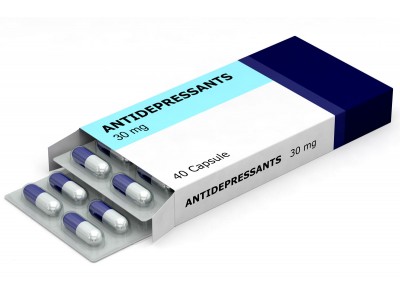Antidepressants can have various effects on memory and brain function, though these effects are not always straightforward. While many antidepressants are primarily used to manage symptoms of depression and anxiety, their impact on cognitive functions such as memory can vary.
Some antidepressants, particularly older classes like tricyclic antidepressants, are more likely to cause cognitive side effects such as drowsiness, confusion, or impaired concentration. These effects can sometimes affect memory indirectly by influencing overall mental clarity and alertness. On the other hand, newer antidepressants, like selective serotonin reuptake inhibitors (SSRIs) and serotonin-norepinephrine reuptake inhibitors (SNRIs), generally have a more favorable profile regarding cognitive function. They are less likely to cause significant cognitive impairment, though individual experiences can differ.
In some cases, the improvement in mood and anxiety that comes with antidepressant use can lead to better cognitive function. For individuals who have been struggling with severe depression, the treatment can result in enhanced concentration and memory as their overall mental health improves.
However, there are instances where antidepressants might affect cognitive function indirectly. For example, certain medications can contribute to insomnia or disrupt sleep patterns, which in turn can impact memory and cognitive performance. Additionally, some people might experience side effects such as brain fog or difficulty with concentration, which can affect their daily functioning.
It’s important to monitor and discuss any cognitive changes with your healthcare provider if you’re taking antidepressants. They can help assess whether these changes are related to the medication and explore adjustments or alternative treatments if needed.
